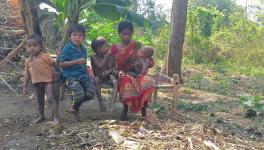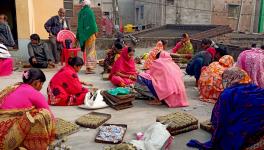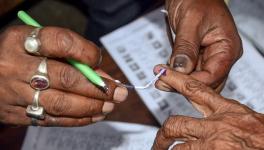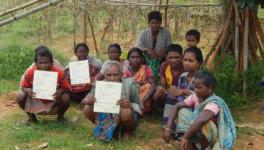Bengal: Endangered Shabar Tribe's Life and Tales Spotlighted at Kolkata International Film Festival
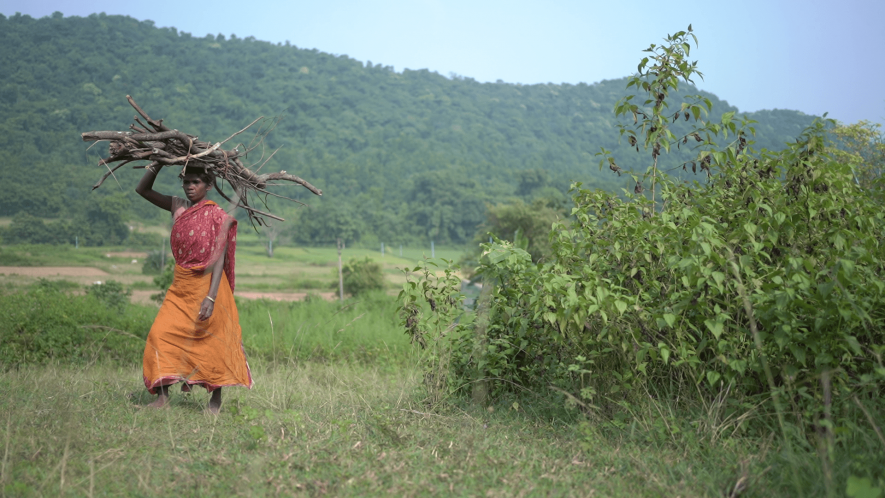
Kolkata: The lives and tales of the endangered Shabar tribe in West Bengal will be portrayed on the silver screen for the first time in history through a documentary feature film directed by Abhijit Chakraborty. The film, titled, Shrinking of the Sturdy – Sabar Tales, has been selected in the competitive section of the Kolkata International Film Festival (KIFF) and is presented in Bengali with English subtitles.
Located in eight blocks of Purulia district, 12,344 forest-dwellers from 3,176 families reside in 168 hamlets, officially known as "Sabar." While their physical strength has diminished over time, their simplicity has endured. The film captures the grace and beauty of their lives, depicting their day-to-day struggles and quest for a better life within their community.
Abhijit Chakraborty, a journalist with Akashvani Kolkata, directed this film as his second venture, following his documentary on life in the Sundarbans, titled Sundarbans – Saga of the Hungry Tides. Passionate about cinema from a young age, Chakraborty's said his deep personal interest led him to explore numerous villages throughout Bengal, with his documentaries reflecting the lives lived in these rural areas.
The film received support from Paschim Banga Kheria Shabar Kalyan Samity (PBKSKY), a well-known social organisation once led by writer Maheswata Devi and currently headed by social worker Prasanta Rakhshit. NewsClick spoke with Prasanta Rakhshit, who praised the "noble effort" by director Abhijit Chakraborty and cinematographer Soumyajit Chakraborty.
The challenges faced during the film's shooting in the remote corners of Purulia district, far from urban life, highlight the dedication invested in the project.
“The film is currently being screened at the Kolkata International Film Festival, and efforts are underway to secure its participation in other international film festivals worldwide. This initiative holds significant promise in promoting the unique indigenous lifestyle of the marginalised Kheria Shabar tribe in the Purulia district of the state,” he said.
Chakraborty shared that extensive research into the origins of the Shabar tribe, with the assistance of PBKSKY, inspired the film. Although shooting commenced before the COVID-19 pandemic, it had to be temporarily halted. The film delves into the sorrowful state of the Shabar tribe, their nonchalant lifestyle, their philosophical views on death, and their enduring stigma, having been labelled a 'criminal tribe' by both the British and later by mainstream society.
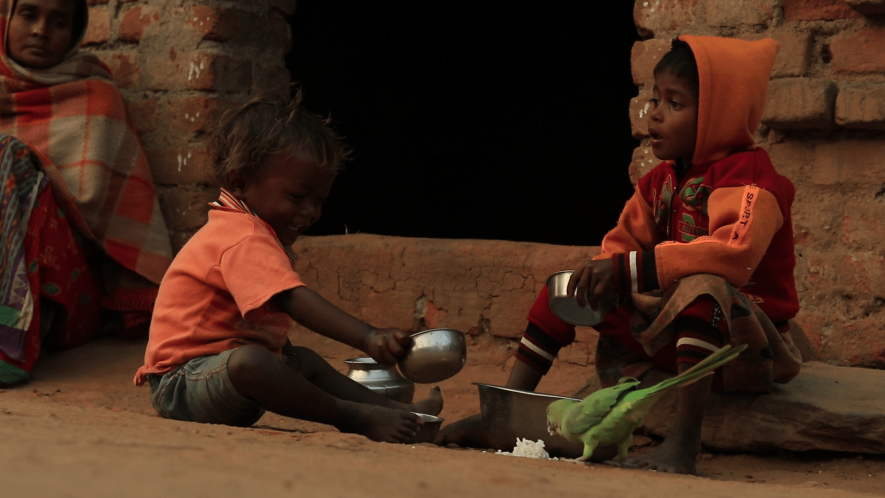
“The Shabar tribe's sorrowful condition, their carefree lifestyle void of aspirations, their philosophical outlook on death, and the historical stigmatisation imposed by the British as a criminal tribe, perpetuated later by the state's mainstream society. Despite the passage of time, they continue to carry this enduring stigma,” Chakraborty told NewsClick.
Financing posed a significant challenge, partially addressed by Chakraborty, with additional support from PBKSKY, which willingly shared the burden. Notably, the film's music is composed by two Shabar youths and a Santhal tribal, while the main actors are all from the Shabar diaspora.
The film also sheds light on the Shabars' historical plight, having been stigmatised and treated as habitual offenders under the Criminal Tribes Act of 1871, a colonial legacy that still burdens them in West Bengal. Despite the scrapping of the Act, the Shabars remain unrecognised as Particularly Vulnerable Tribal Groups in West Bengal, unlike neighbouring states. The film portrays their struggle for recognition and the challenges they face, including the lack of Aadhaar cards, which exacerbates their problems, with the PBKSKS seeking government intervention.
The Shabartollahs, small hamlets where the Shabars reside, are located outside the villages due to societal perceptions that labelled them pariahs. While the Left Front rule over the years brought some improvement to their dire circumstances, it did not alter societal attitudes.
Recently, the Mahato community took over the tribe's burial site in Shonadungri village. Abject poverty is the primary cause of malnutrition among Shabar women, and the children face a bleak future. Despite the efforts of PBKSKS, which provides free education to 432 students across 15 Shabartollahs, the current facilities are insufficient.
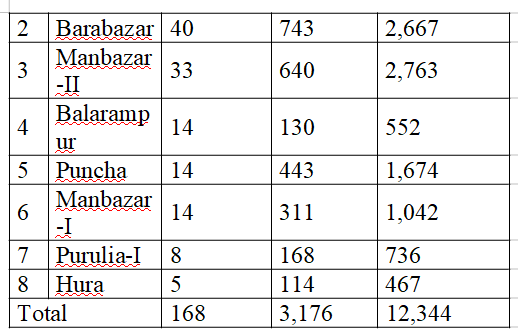
Treated as pariahs and residing on the fringes of villages and forestlands, the Shabars continue to face challenges, including abject poverty leading to malnutrition, inadequate access to education and struggles for land rights under the Forest Rights Act. The film aims to draw attention to these issues and promote awareness about the Shabar tribe's real-life challenges.
Get the latest reports & analysis with people's perspective on Protests, movements & deep analytical videos, discussions of the current affairs in your Telegram app. Subscribe to NewsClick's Telegram channel & get Real-Time updates on stories, as they get published on our website.










